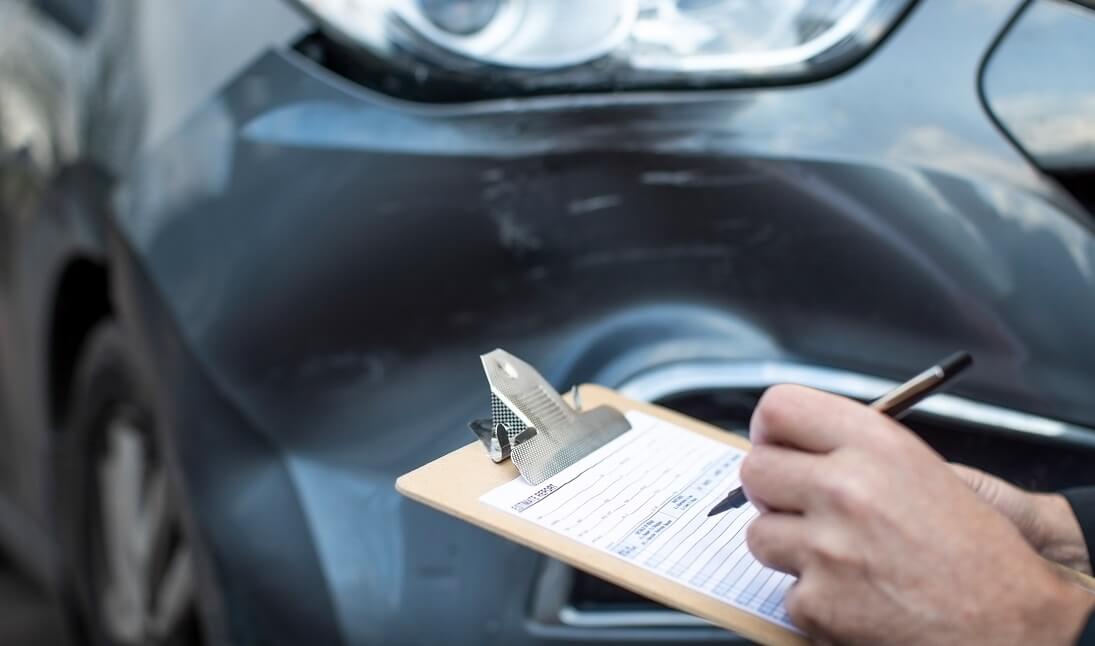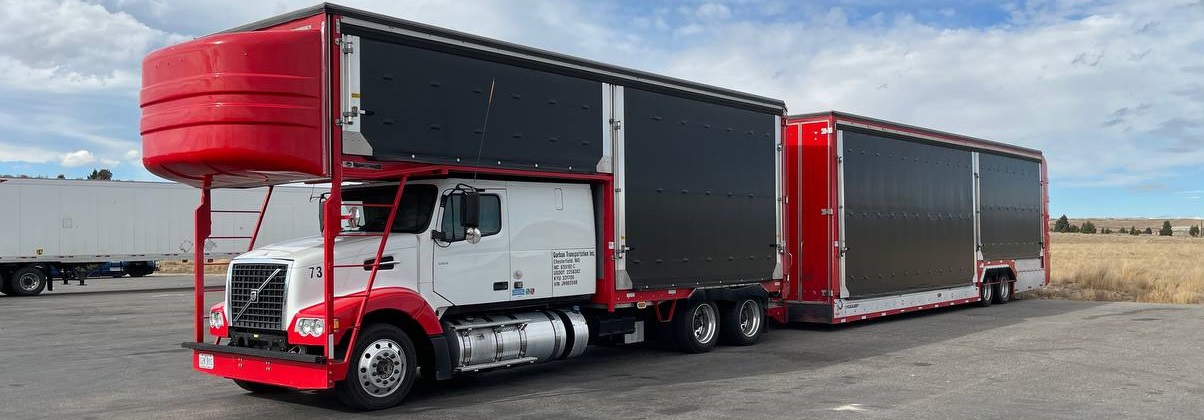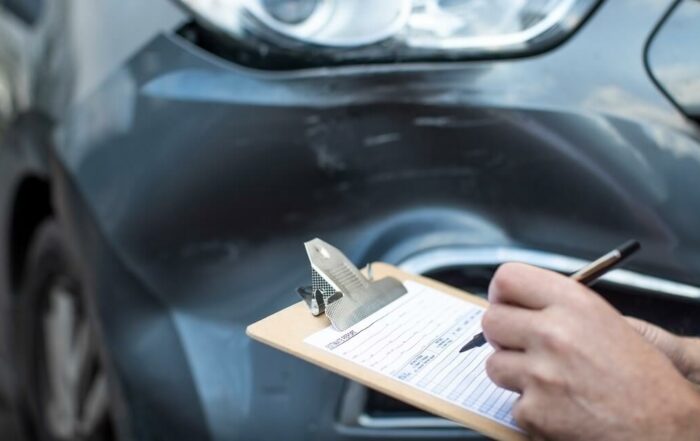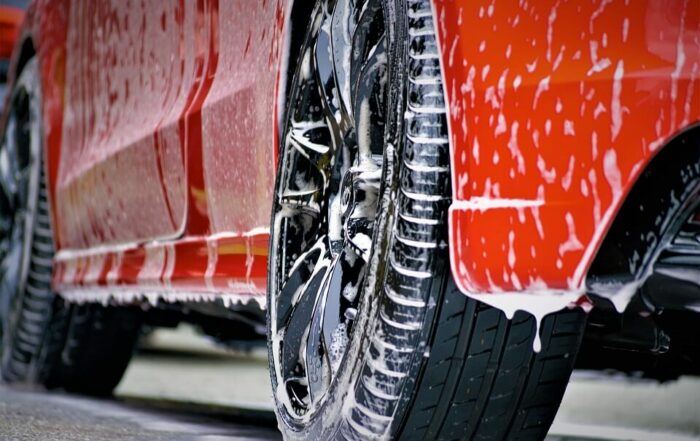
ESTIMATED READ TIME: 6 MINUTES
Article Summary
- Carriers are legally required to carry insurance by federal law and are liable for damages they cause.
- Auto Transport is generally a safe process, but there is the potential for damage to occur.
- Enclosed transport offers the best protection against the elements during the transportation stage.
- Select a reputable auto transport broker in order to reduce the chances of an incident occurring.
- Insurance verification should also be done by requesting COI from the carrier company.
- Relevant information about the vehicle should be shared prior to booking which will help avoid potential issues
- Record all pre-existing damage on the BOL. Inspect the vehicle thoroughly on delivery before signing BOL. If damage is discovered make sure to note it on the BOL before accepting the vehicle.
What you need to know about insurance before shipping your car!
In this short read, you will learn what steps you should take to protect your vehicle while transporting your car. Scroll down for a summarized guideline to see what you can do to protect your vehicle better.
The most common question we get is, “is my car insured”?

The short answer is yes, all carriers are legally required to carry insurance by federal law and are liable for damages they cause. However, this is one of many factors a shipper (customer) should consider when moving a vehicle across the country or even intrastate. We bring the perspective of a seasoned auto transport brokerage to share the inside scoop on all the different angles you should consider before moving your car.
Read More FAQs
How often does something go wrong?

Every vehicle has been transported at least once since it was manufactured. Almost always, car transportation goes through without any incidents. The bad news is just like regular car accidents, they happen, and it’s virtually impossible to eliminate the risk of incidents, no matter how much we prepare. The good news is that you have control over reducing the risk of damaging your car! You can take specific steps to limit the risk of damage during auto transportation. And if something happens, it’s good to understand what you should do during and after delivery. Keep in mind that there are three stages of the transportation process. The vehicle will go through the loading, transportation, and unloading process.
Enclosed Trailers

Enclosed trailer transport offers the best protection that money can buy. This type of trailer typically costs 40% more than open-car trailers but offers much greater protection against the elements during the transportation stage. Enclosed trailers typically load only one to four vehicles at a time, and because of this, we also observed lower chances of damage during the loading and unloading stage. An added benefit of enclosed trailers is that since the driver deals with only a quarter of vehicles that open car trailers do, they are commonly known to have a shorter transit time.
Reputable Auto Transport Brokers

Who you choose as a broker will impact the chances of an incident occurring. Shippers (customers) of the auto transport services industry are significantly price-sensitive. As the famous saying goes, “you get what you pay for,” and when brokers, carriers, and shippers alike start cutting corners to save a quick buck, it almost always costs more with unforeseen issues, time & effort, and headache. Besides the nightmare lowballers in the auto transport industry, we need to express more that you should not go with the lowest price alone! Check out our article on how to save money when shipping your vehicle. Always look at a broker company’s reputation before selecting them. A reputable auto transport broker company sets a standard and vets potential carriers before passing it along to the customer. Once we decided only to use highly reputable carrier companies, we experienced a significant reduction in the number of reported incidents.
Insurance verification

It is against the law for a carrier to operate without valid insurance and would still be responsible for damages they caused. However, with tens of thousands of car carriers on the national load board database that every broker uses, the insurance information on file might need to be updated more. There are two actions a shipper can take to ensure that a carrier is insured. The first step is to go to the Federal Motor Carrier Safety Administration (FMCSA) database (click here for instructions) to verify that the carrier has the status of “authorized.” The second action is to request the COI (“Certificate of Insurance”) when the broker shares the contact information with you.
Other notes and considerations

- Before the vehicle is loaded onto the trailer, make sure to thoroughly inspect the vehicle for any pre-existing damage with the driver and note it on the BOL.
- Immediately after the vehicle is unloaded, inspect the vehicle for damage again with the driver. NEVER sign the BOL before a thorough inspection of your vehicle!
- If damage is discovered, reach out to your broker agent, and they will provide the carrier’s insurance information along with the policy number.
Auto Transport Insurance FAQs
Yes, the vehicles are insured during transport as all the carriers we work with are certified and insured against the driver’s negligence. This protects both your vehicle and the drivers in case of an accident.
Yes, the price you receive is the final price you will pay. Insurance included and no hidden fees
If you’re transporting your vehicle with personal belongings inside, it’s important to know that those items are not covered by the carrier’s insurance policy. We recommend not placing any valuable items inside your vehicle during transport, as they may be damaged or stolen.
If your vehicle is damaged during transport, please note all damages on the (BOL) Bill of Lading before signing for the release of the vehicle. Take pictures of the damage on-site for claim purposes and then contact the carrier to get the claim process started. Please note that any damage to the interior caused by personal items is not covered by insurance.
If for whatever reason you are not able to work with the carrier directly, you will need to request the insurance packet from your transport agent. This packet will have all of the necessary information to file a claim with the carrier’s insurance
Simply put, no you do not. The carrier will be covering the insurance policy for the entire car shipping duration.



